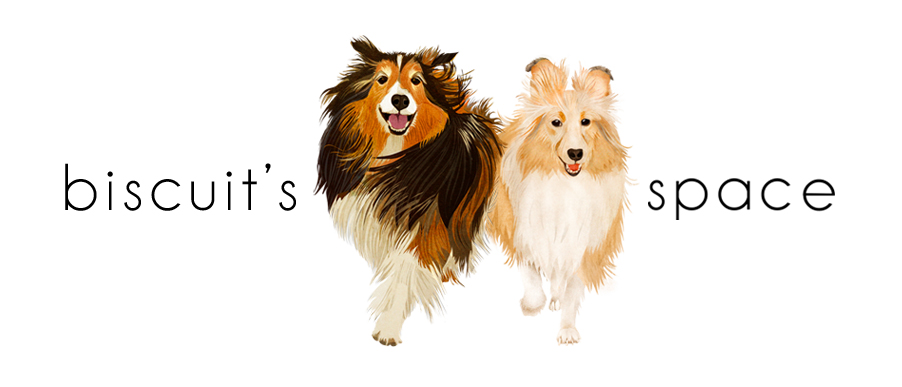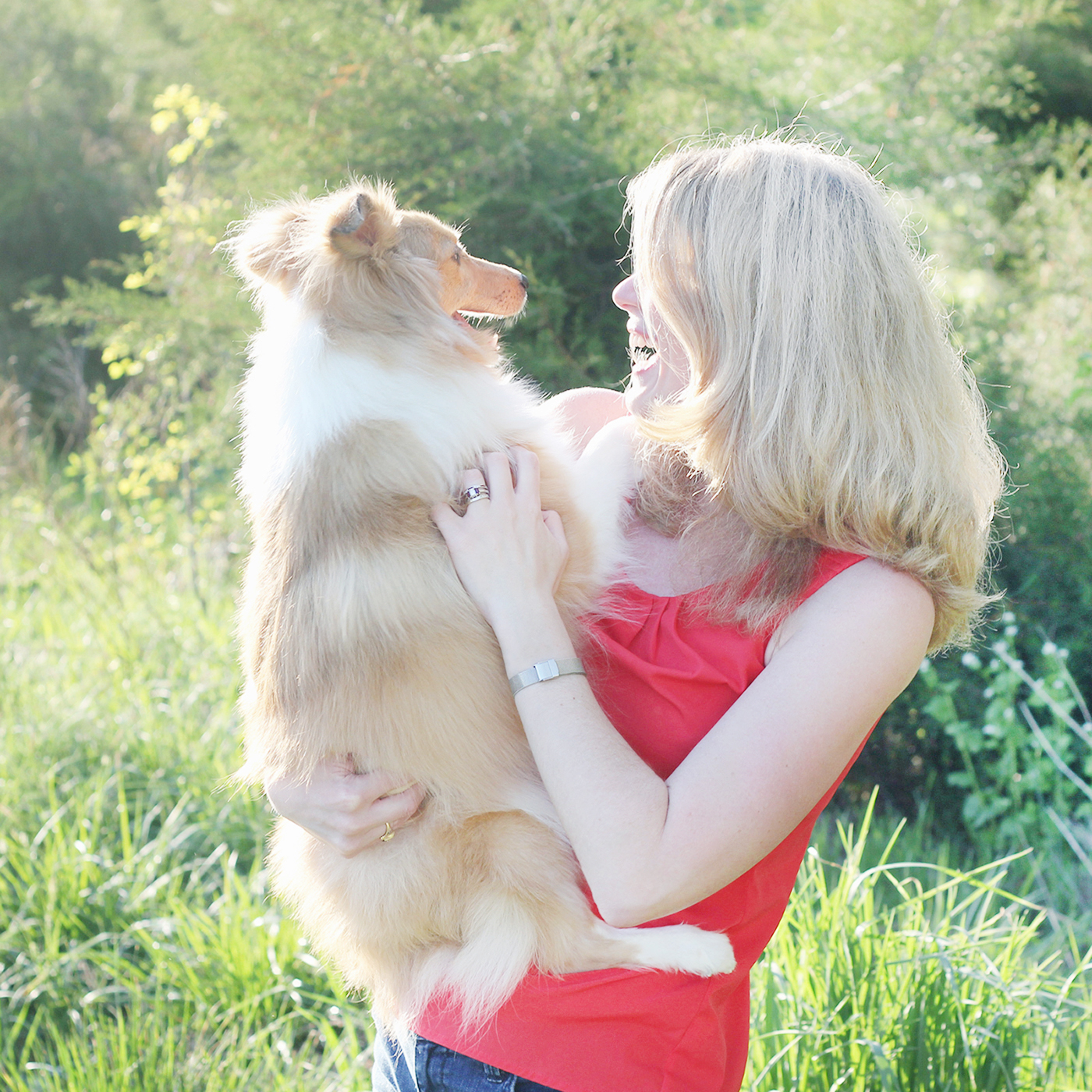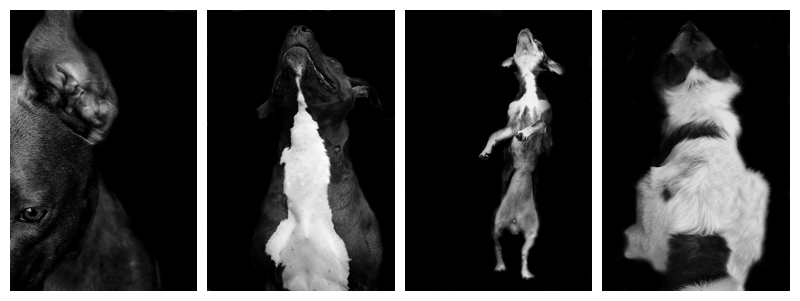Dogs: Foster Child Development

In a recent article, a study finds that a family dog has the benefits of helping young children learn social and emotional skills. Specifically, owning, walking, and playing with a family dog could encourage a small child’s social and emotional development. The study found that toddlers from families who owned a dog, who participated in the study, were 30% less likely to have conduct and peer problems in comparison to preschoolers from families who did not own dogs, the researches found. Even at this young age, toddlers can benefit from interacting with a pet while supervised. Dog ownership has also been linked to responsibility, positive identity, and trust.
According to data, toddlers from dog-owning families were more likely to exhibit higher levels of prosocial behaviors, and they had lower overall difficulties. Children who walked a pet dog with their families at least one day weekly and played with their dogs at least three times a week had higher prosocial scores than those who did so less often. “These results highlight that even a small to moderate commitment to involving preschoolers in time spent walking with the family dog may provide important social and emotional benefits for young children,” the study said. One current worry about children’s development and loneliness in the absence of friends and activities during the pandemic “fits nicely with the positive effects of dog ownership for young kids,” said Dr. Jenny Radesky, an assistant professor of pediatrics at the Center for Human Growth & Development at the University of Michigan, who wasn’t involved in the study.
Additionally, as separately studied in adults, children might have experienced “vicarious pleasure” and happiness when playing with the dogs, which can also lead to better prosocial behavior. Animals are sentient beings with feelings and thoughts, but they can’t talk with us, Radesky said. “You have to work to read what your dog is thinking and respond to their behavior. That gets kids out of their headspace and more thinking about what another being is thinking,” Radesky said. “That’s [the magical factor] of empathy and social reciprocity, meaning the back and forth of relationships that helps us heal during times of stress.”
Outside of children, there are so many benefits that adults derive from having a dog, which we have experienced. We will always have a rescue dog in our family. Biscuit and Victory have added so much to each of our lives, and we cannot imagine life without a furry family member. We literally refer to Victory as our ‘older daughter,’ our regal princess! Alex loves having a fur sister, and their bond is unique; and Alex understands more and more about Victory (and other dogs) as she grows older. Alex affectionately spots and refers to every dog as a “baby” or “puppy!” She loves dogs, and I hope that she always will, as a result of growing up with Victory! Simply put, dogs make life so joyful!











